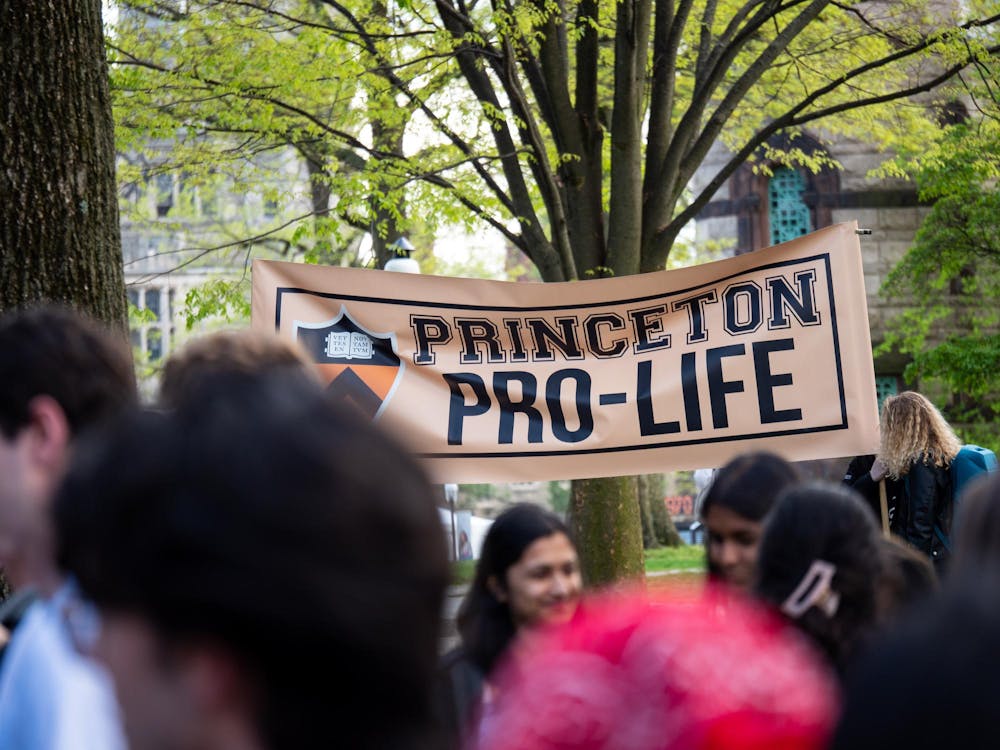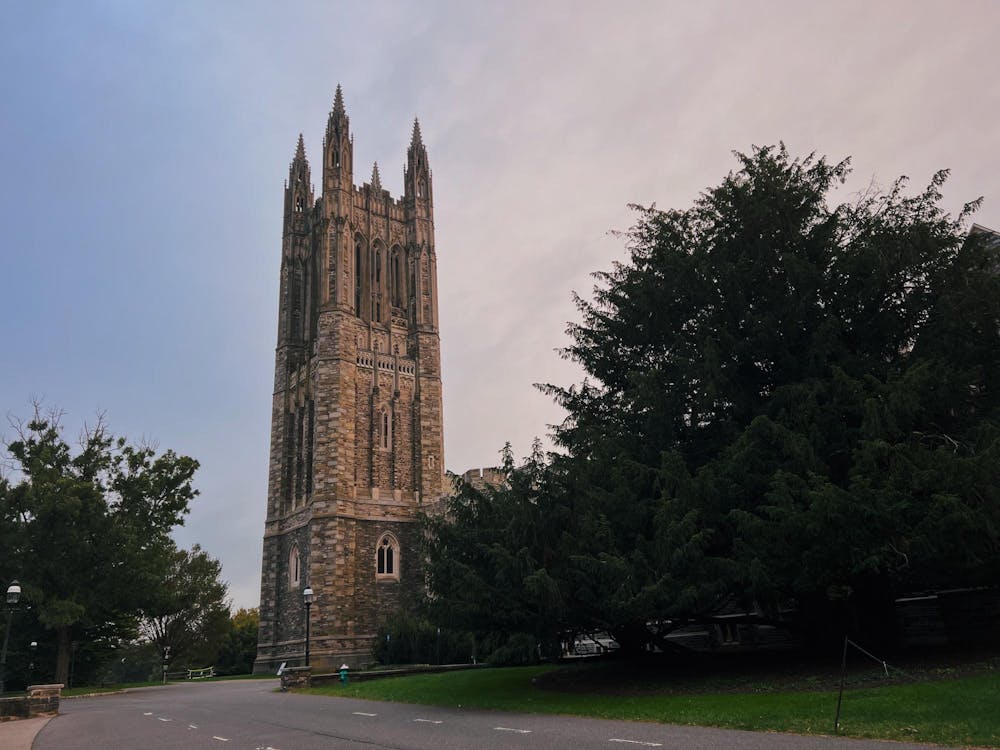The government’s mass call tracking program violates fundamental civil liberties and rights to privacy, Catherine Crump, an attorney with the American Civil Liberties Union’s Speech, Privacy and Technology Project argued in a lecture on Thursday.
Crump began the lecture with a simple question: “How many of you have cell phones?”
Virtually every hand in the room shot up.
“It used to be practically impossible for the government to track you without expending tremendous resources,” Crump added. “Practically speaking, the police were unlikely to do it unless they had really strong reason to suspect someone was engaged in wrongdoing.”
But modern technologies have made it simpler for law enforcement to track citizens’ movements and communications, Crump explained, posing a threat to citizens’ privacy. Because this change has been so sudden, the ACLU began working in 2012 to inform citizens that this surveillance exists. The ACLU filed nearly 400 Public Records Act requests with local police departments across the U.S. that year to request information about their government’s policies on warrantless cell phone tracking.
“People did not seem to be concerned that the FBI, for example, was engaged in this,” she added. By showing people the involvement of local law enforcement, the ACLU could demonstrate how extensive the network of surveillance was.
Crump also said the ACLU had obtained a document titled “Retention Periods of Major Cellular Providers,” which recorded the lengths of time various cell phone providers maintained records, produced by the Department of Justice in 2010 to advise law enforcement officers seeking cell phone records. The ACLU posted this on its website, alerting the public to the involvement of cell phone companies as “buffets of information” for government authorities.
Crump also discussed several of the ACLU’s pending cases against the government’s mass call-tracking program.
“We’re the ACLU. We file lawsuits,” Crump said.
The ACLU opposes the NSA’s interpretation of Section 215 of the Patriot Act, which allows the government to compel production of all relevant, tangible information which is useful to national security, Crump said. The ACLU argues that tracking the calls of every citizen cannot possibly be relevant. In response, government authorities have argued that they need a database of all records in order to conduct proper contact chaining analysis.
The ACLU also contends that the Fourth Amendment, which guarantees citizens’ right to privacy, does not allow for such surveillance. Crump likened such surveillance to the location-tracking of vehicles by GPS, which the Supreme Court declared unconstitutional in the 2012 case United States vs. Jones. However, the 1979 case Smith vs. Maryland, which allowed the government to monitor two days’ worth of a person’s calls, sets a strong precedent for the ACLU to fight, Crump acknowledged.
The ACLU also argues that mass-data collection is in violation of the First Amendment, the right to free speech. A hearing on this issue will take place next week in the Southern District of New York.

Crump also discussed the PRISM and Upstream programs, which allow the government to acquire intelligence about foreigners.
“I don’t think we should be naive that all governments spy on foreigners,” Crump said. “But I do think there’s something new about the scope of this spying.”
Crump said the NSA’s loose interpretation of the FISA Amendments Act Reauthorization Act of 2012 has led to an unprecedented amount of tracking, not only of potential terrorists or criminals, but also of politicians, U.S. companies abroad and more. The ACLU filed a lawsuit on behalf of Amnesty International in 2008 on a similar issue, but could not prove definitively that they were in fact being tracked, Crump said.
Crump addressed audience concerns about email security, an issue that came into the spotlight this summer when Lavabit, an email provider who promised complete privacy, was ordered by the government to turn over the SSL key used to encrypt its users’ information. The order was part of an investigation into one of its users, strongly suspected to be Edward Snowden. Lavabit turned over the key, but also suspended its website indefinitely and is currently fighting the case with the ACLU, arguing that it was “unduly burdensome” for the government to ask Lavabit to turn over the SSL key.
In a concluding question-and-answer section, one audience member said she was holding out on the last way to resist NSA surveillance: “I’m still retaining the last vestiges of privacy held to me by not having a cell phone,” she said.
While this may not be an option for everyone, Crump said, it may be the best way to maintain your privacy.
The lecture, titled “The Fourth Amendment in the Era of Mass Dataveillance: A View From The Trenches,” was sponsored by the Center for Information Technology Policy and held in 101 Sherrerd Hall.








